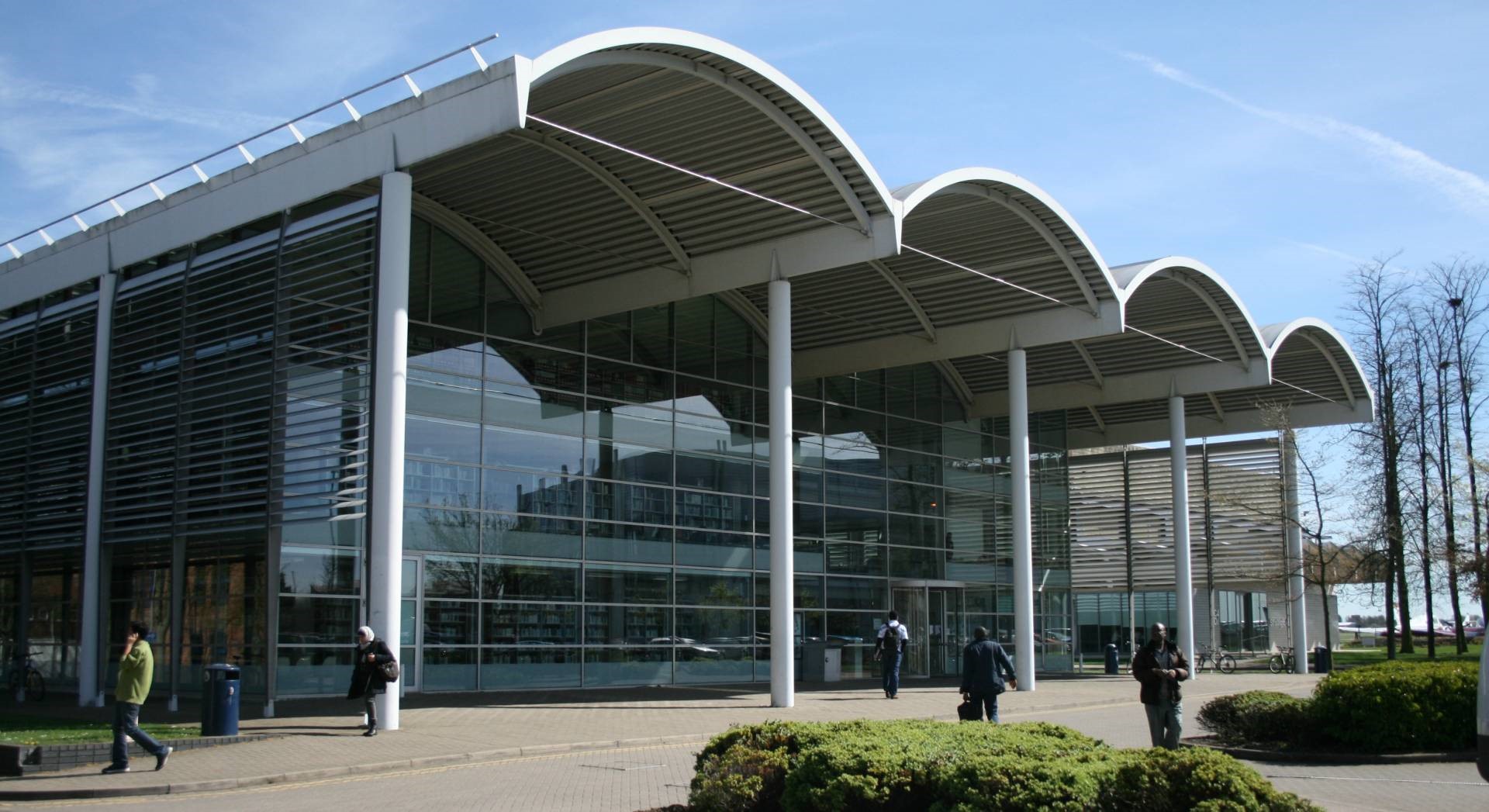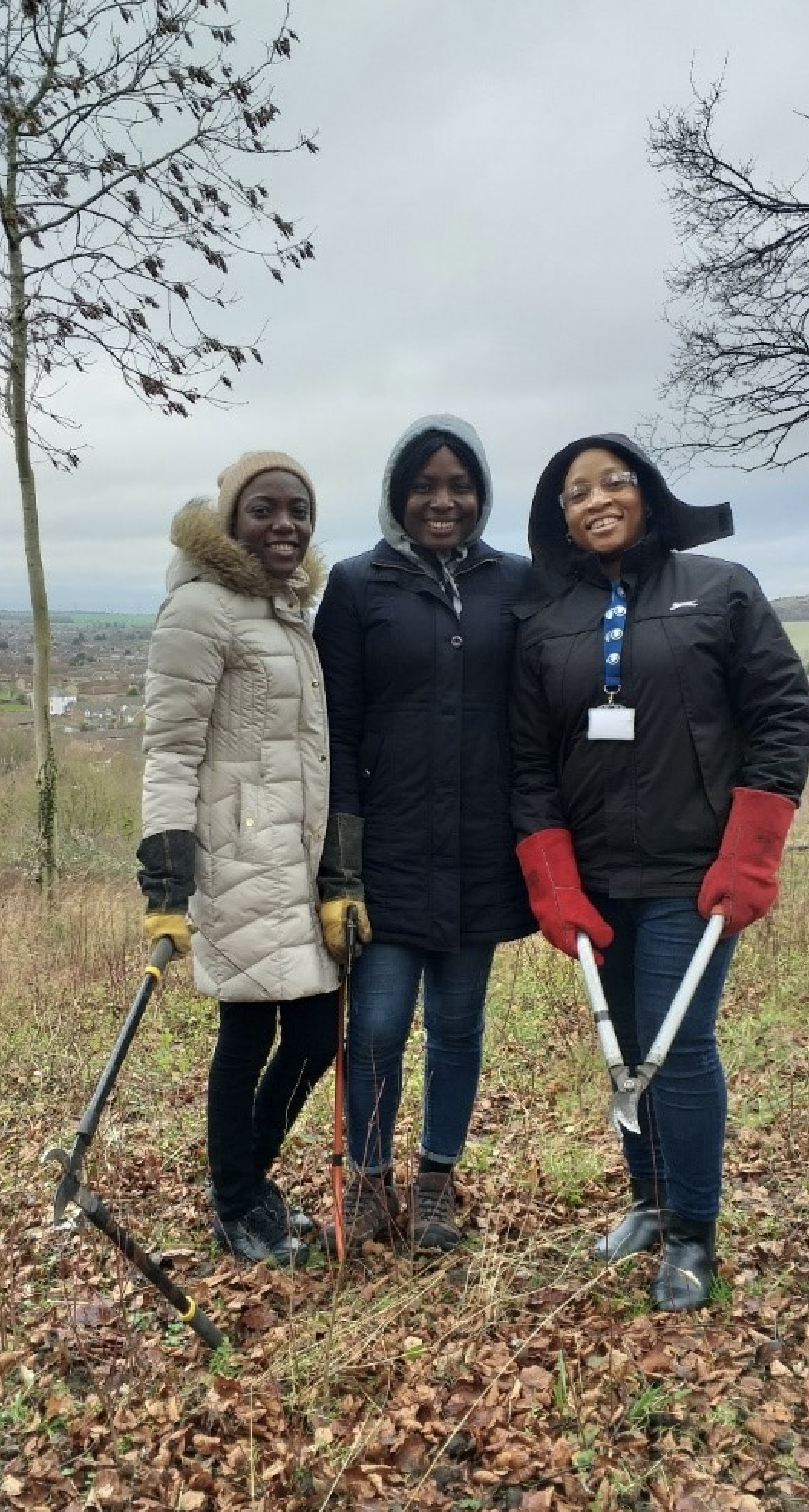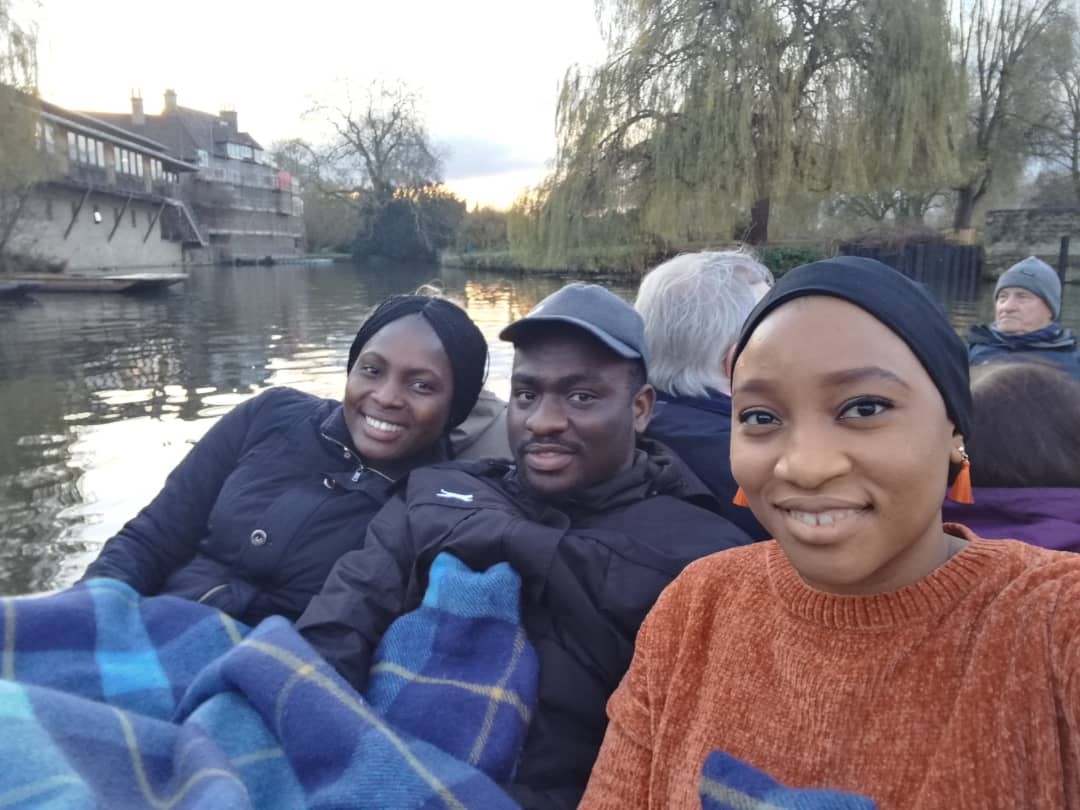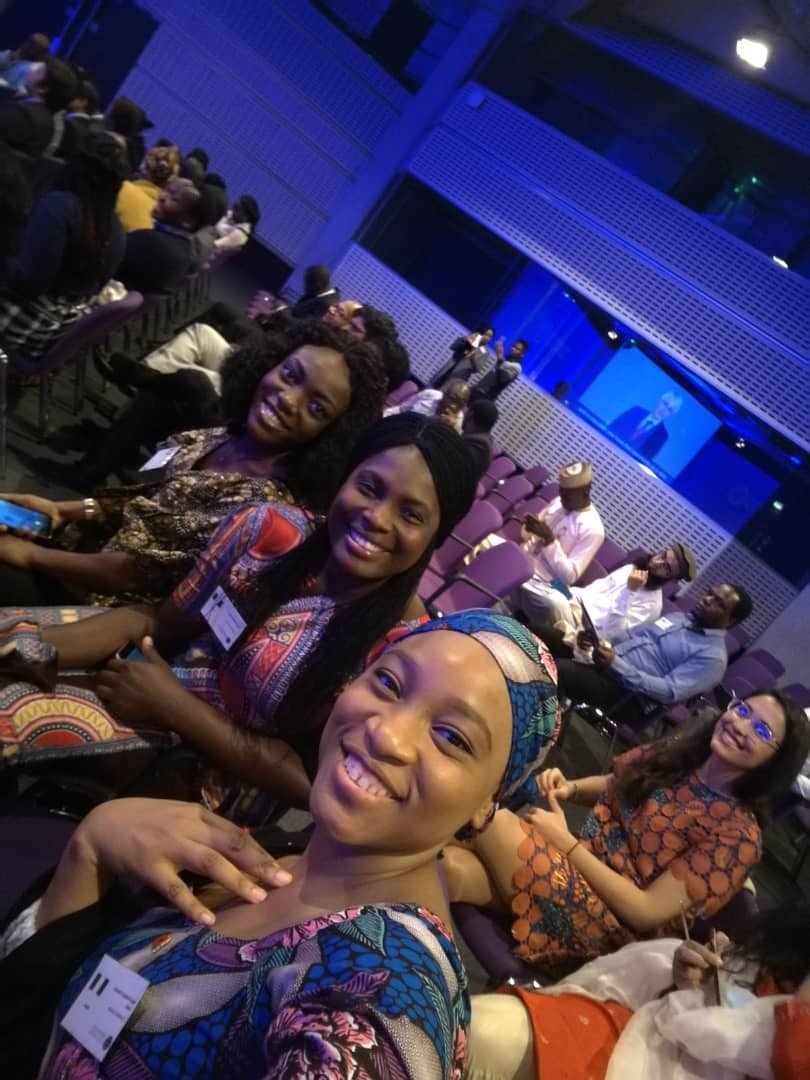Cranfield Diaries: My first three months…
14/03/2019

Coming to Cranfield was a decision straight from my heart. On looking up the school online, I was fascinated by the amount of research going on. Another thing that got me hooked was the fact that the library was open 24 hours. Being one who doesn’t like the hustle and bustle of city life, the fact that the school was located in the countryside was another attraction for me because I knew it would be a quiet environment.
Being nominated by Cranfield University for the Commonwealth Shared Scholarship was one of the best things that happened to me in 2018 because studying in the UK would have been impossible without this opportunity. Having studied Biology at undergraduate, I had intentions of specialising in Conservation Biology or Environmental Biology for my masters, while browsing through the different courses and schools available for the Commonwealth Shared Scholarship 2018, I was taken with the course Land Reclamation and Restoration and I settled for it immediately without a second thought because I knew that I would acquire relevant and modern skills that will be useful in tackling different land issues around me coming from a place where mining and agricultural activities is predominant.
I applied for the course and I was admitted, and eventually nominated. I actually stopped applying to other schools, I was so taken with Cranfield University and had my mind made up that if I would study in the UK, then it had to be Cranfield. I am glad it worked out well. I looked forward to resumption eagerly and I was highly impressed on getting here. From the pick-up service from the airport to the warm reception at Mitchell hall. Registration was smooth and very fast and I liked how everything was done in an orderly and organised way. I liked my room and got into the business of settling in immediately.
Within this time I have realised and understood the enormity of research… I actually thought “this is one giant research institution” but I’m glad to be a part of it because the research that goes on here is innovative, impactful and problem solving and that is the kind of research I want to gain skills for and be an active part of.

It’s been three months in the UK and I look back with a thankful heart. From my induction week which was capped by a visit to Panshanger Park, Hertfordshire where I saw the application of Land Restoration techniques to learning the Principles of Sustainability and how it is very important to utilise available resources in a sustainable manner for continued availability. I have learnt the fundamentals of GIS (Geographic Information Systems) and its relevance in mapping out a study area and showing different layers of data at once, making evaluation easier to understand the different components that make up the soil and how they interact to help it function effectively.
I have studied about the different causes of land contamination and how they can be mitigated, and also learnt how nutrients are cycled in the ecosystem and how land resources can be planned for effective utilisation, the different methods involved in classifying land, assessing and evaluating land, the effects of erosion on land, how it can be modelled and all the ways by which it can be controlled effectively. I have also learnt about foresight studies and how it can be an effective tool in planning out land resources.
In-between, I’ve visited Cambridge (organised by the Cranfield Student Association – CSA) and I went punting with friends and learnt about the history of some the colleges that make up the reputable Cambridge University.

I had the opportunity to attend a Rarefest talk, where I learned about Acromegaly from someone who suffered from it… it was so enlightening. I also visited the Fitzwilliam museum… it was a fun day for me!
I also volunteered with the Wildlife Volunteering Trust helping to clear out scrub to make grass growing on chalk soil accessible for wildlife. I was in London for the Commonwealth Scholarship Commission welcome event for scholars with friends and I had a great time there too.
All in all it’s been a wonderful three months with ups and downs, but my best blessings have been the wonderful people I’ve met and am still meeting.

And as Dr Ruben Sakrabani will say “studying in Cranfield is like wine… it gets better with age and time”. So I’m getting better with time and my skills are being honed daily!
Categories & Tags:
Leave a comment on this post:
You might also like…
Keren Tuv: My Cranfield experience studying Renewable Energy
Hello, my name is Keren, I am from London, UK, and I am studying Renewable Energy MSc. My journey to discovering Cranfield University began when I first decided to return to academia to pursue ...
3D Metal Manufacturing in space: A look into the future
David Rico Sierra, Research Fellow in Additive Manufacturing, was recently involved in an exciting project to manufacture parts using 3D printers in space. Here he reflects on his time working with Airbus in Toulouse… ...
A Legacy of Courage: From India to Britain, Three Generations Find Their Home
My story begins with my grandfather, who plucked up the courage to travel aboard at the age of 22 and start a new life in the UK. I don’t think he would have thought that ...
Cranfield to JLR: mastering mechatronics for a dream career
My name is Jerin Tom, and in 2023 I graduated from Cranfield with an MSc in Automotive Mechatronics. Originally from India, I've always been fascinated by the world of automobiles. Why Cranfield and the ...
Bringing the vision of advanced air mobility closer to reality
Experts at Cranfield University led by Professor Antonios Tsourdos, Head of the Autonomous and Cyber-Physical Systems Centre, are part of the Air Mobility Ecosystem Consortium (AMEC), which aims to demonstrate the commercial and operational ...
Using grey literature in your research: A short guide
As you research and write your thesis, you might come across, or be looking for, ‘grey literature’. This is quite simply material that is either unpublished, or published but not in a commercial form. Types ...






